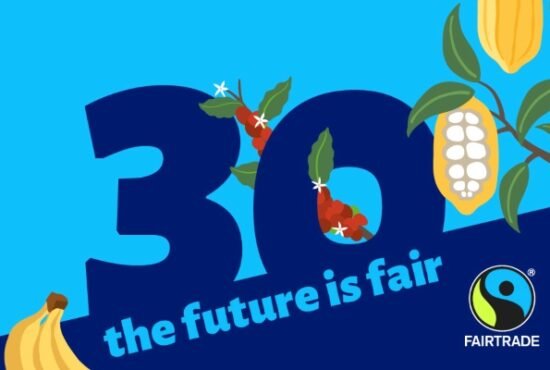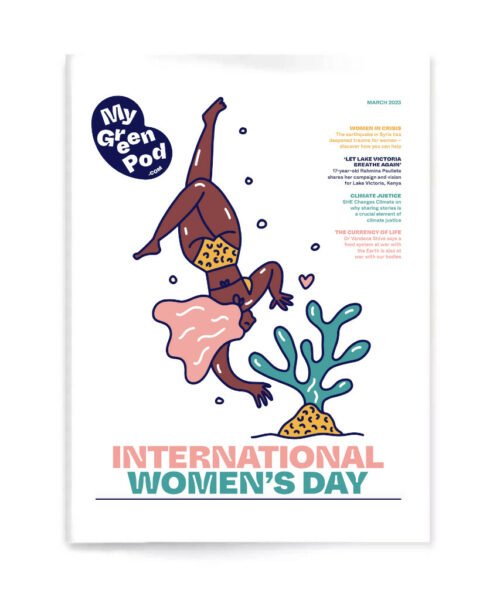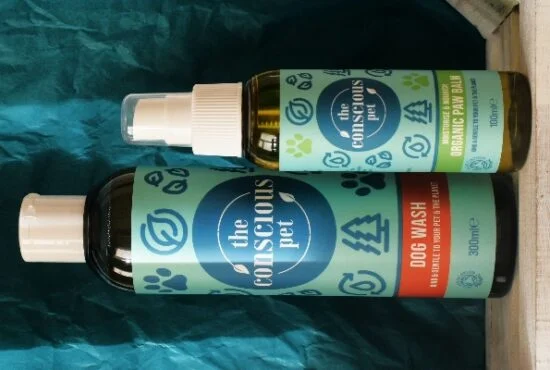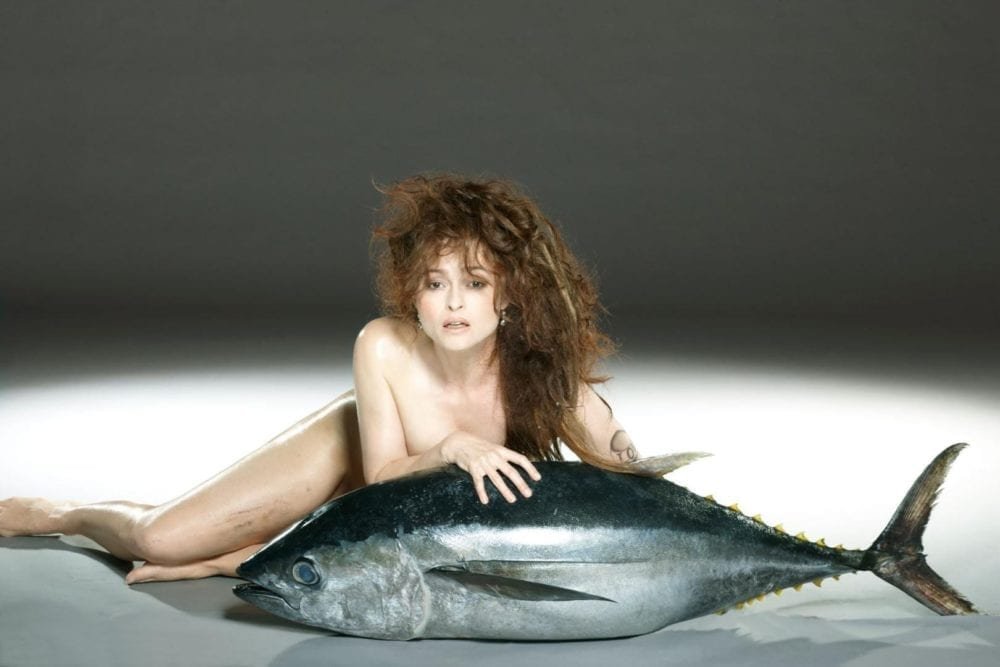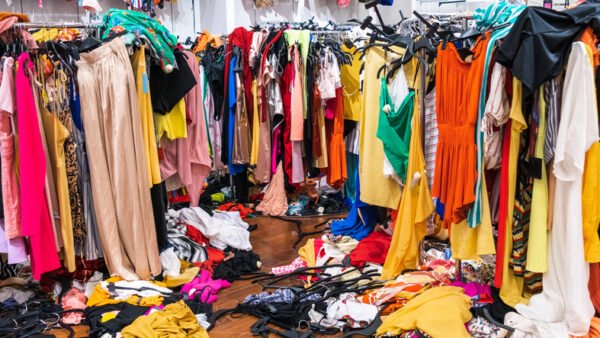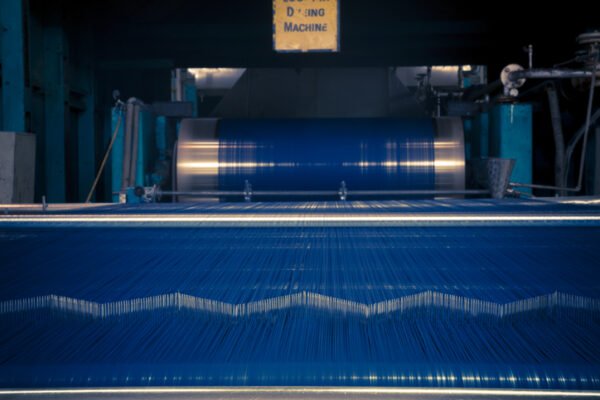Overfishing
Globally, overfishing is currently the top threat to the sea and the creatures within it.
The UN Food and Agriculture Organisation estimates that 28.8% of the world’s wild fish stocks are overfished, usually because politicians have awarded quotas in excess of scientific advice. 61.3% are said to be ‘fully fished’. Added together, that means 90% of the world’s wild fish are either fully or over-exploited.
Illegal (or pirate) fishing is another large component of overfishing, causing estimated economic losses to coastal states of $10 to $23 billion annually. Illegal fishing represents as much as 40% of the catch in some fisheries, according to the US National Oceanic and Atmospheric Administration.
Ocean acidification
Often called global warming’s evil twin, ocean acidification has not been studied for as long but the results could be far-reaching. The pH of the sea has remained stable for 60 million years; now it is changing as a result of the build-up of carbon dioxide in the atmosphere.
Wind and wave action interact with CO2 creating carbonic acid and making the oceans more acidic. What we don’t know is how this will affect the survival of animals with carbonate shells, such as mussels, lobsters and plankton.
The puzzle is that many animals with shells evolved millions of years ago when the ocean carried more dissolved carbon dioxide than today. Animals might still grow, but they may be stunted or grow differently. For example, acid can has been found to make lobsters put more energy into growing thicker shells.
Marine protection
The oceans’ last wild places are no longer protected by their remoteness: the world’s fishing fleets can now venture almost anywhere, including the waters around Antarctica. Thankfully, some remote places are being protected as marine reserves.
President Obama declared a vast reserve around the Pacific Remote Islands last year and this year, George Osborne announced the intention to create the largest continuous reserve around Pitcairn in the Pacific.
In its manifesto, the Conservatives went further, undertaking to create a ‘Blue Belt’ around the UK’s 14 Overseas Territories and to complete a network of marine conservation zones around the British coast.
This represents the largest commitment to marine conservation of any government in the world. Speedy implementation of this manifesto commitment is now required from the new Conservative government.
Fishlove was set up in 2009 by actress Greta Scacchi and Nicholas Röhl, co-owner of Brighton based restaurant MOSHIMO. Click here to find out more and to buy posters.
 Play Video about This Rock Might Just Save The World
Play Video about This Rock Might Just Save The World Play Video about Play 2 hours of rock
Play Video about Play 2 hours of rock Play Video about Play 2 hours of brook
Play Video about Play 2 hours of brook Play Video about Play 2 hours of sheep
Play Video about Play 2 hours of sheep
